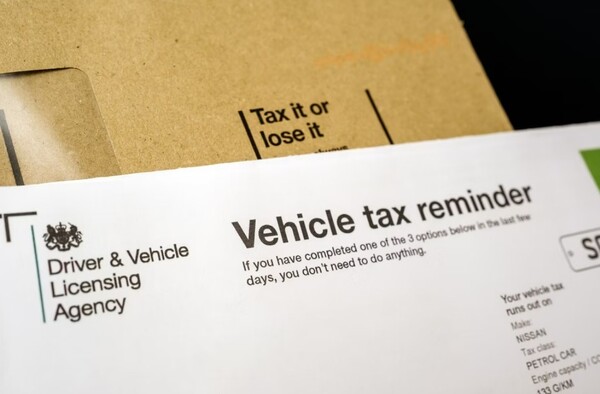Reforming Car Taxation: Experts Propose Weight-and-Mileage-Based System
Emissions experts Nick Molden and Felix Leach are calling for a major reform of car taxation, advocating for a simpler system based on vehicle weight and miles driven. This approach, they argue, would uphold the “polluter pays” principle, providing a fairer and more environmentally effective alternative to the current Vehicle Excise Duty (VED) framework, which they describe as a “mishmash of incentives and penalties.”
Their proposal is detailed in their upcoming book, Critical Mass: The One Thing You Need to Know About Green Cars, set to launch at events in Oxford and London later this month. Hosted by industry leaders, the launch will highlight their evidence-based recommendations to incentivize greener car choices while streamlining taxation.
The proposed system would reward environmentally conscious behavior: switching to a car 150 kg lighter or driving 1,000 fewer miles could save drivers £100 annually. Smaller, lighter vehicles would be taxed less, while heavier, high-mileage vehicles like SUVs would incur higher charges. This approach simplifies the car-buying process by aligning taxation with environmental impact, making it easier for consumers to make informed choices.
Molden and Leach criticize the current VED system, which is set to expand in 2025 to include electric vehicles (EVs) currently exempt from taxation.
Under the new rules, EV buyers will face first-year taxes and standard rates thereafter, alongside surcharges for higher-value models. However, the authors argue that this system fails to adequately reflect environmental damage or incentivize sustainable practices.
Their weight-and-mileage-based model addresses these shortcomings by prioritizing fundamental metrics of environmental impact. Molden explains that vehicle weight accounts for approximately three-quarters of a car’s environmental damage, making it a logical basis for taxation.
“This approach is practical, universal, and easy to understand,” says Leach. “It offers a reliable revenue stream while encouraging greener vehicle choices.”
With broad applicability and minimal transition barriers, this system could represent a significant step forward in aligning taxation with environmental goals while simplifying car ownership decisions.
Latest News
JOBS
Plumbing & Heating Engineer - Morrison Plumbing & Heating Engineers
Sign up to our daily Newsletter
Permission Statement
Yes! I would like to be sent emails from West Coast Today
I understand that my personal information will not be shared with any third parties, and will only be used to provide me with useful targeted articles as indicated.
I'm also aware that I can un-subscribe at any point either from each email notification or on My Account screen.
You may also like
Latest News
JOBS
Plumbing & Heating Engineer - Morrison Plumbing & Heating Engineers













